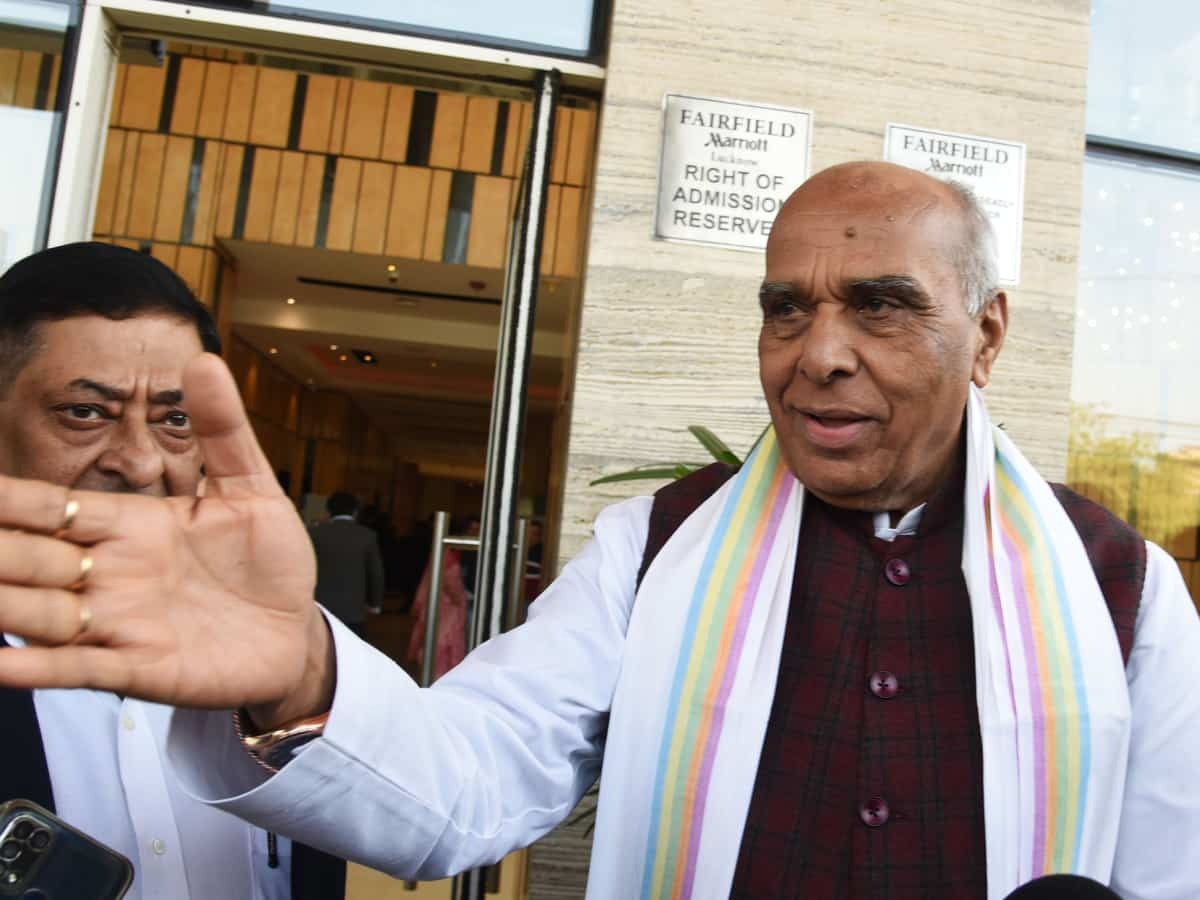During the consideration of the Waqf Amendment Bill at the Joint Parliamentary Committee (JPC) meeting, there was a huge uproar on Friday, resulting in the chairmanship of 10 opposition members for one day due to their conduct. Opposition leaders, accusing Pal of arbitrary and violation of rules, claimed that they were working on top level instructions of the government. The incident took place when the committee was in the process of finalizing the draft report.
JPC progress on draft report
According to sources, the committee can accept the draft report on January 29, 2025. Meanwhile, suspended opposition MPs have written a letter to Lok Sabha Speaker Om Birla requesting to ensure transparency in the committee’s proceedings and postpone the proposed meeting on 27 January.
Conflict during meeting
In Friday’s meeting, the opposition members accused the Speaker of violating and haste of the rules of action. Chairman Pal claimed that the opposition MPs created disruption despite his efforts to organize the meeting. He also accused Trinamool Congress leader Kalyan Banerjee of using objectionable language.
List of suspended MPs
Following the proposal of BJP MP Nishikant Dubey, the committee suspended 10 opposition MPs. Suspended MPs include Kalyan Banerjee and Nadeem-ul-Haq (Trinamool Congress), Mohammad Javed and Imran Masood (Congress), A Raja (DMK), Asaduddin Owaisi (AIMIM), Mohibullah (SP), and Arvind Sawant (Shiv Sena-OBT) Are included.
Response of opposition MPs
Opposition leaders alleged that the proceedings of the JPC president lack a lack of fairness. Gaurav Gogoi of Congress described it as an extraordinary event in parliamentary history, while Kalyan Banerjee of Trinamool Congress termed the move as a political decision taken in view of the Delhi Assembly elections.
Concerns arising on the bill
Mirwaiz Umar Farooq, the patron of Muttahida Majlis-e-Ulemma (MMU) of Jammu and Kashmir, has expressed deep concern against the Waqf Amendment Bill. The MMU has said in a written report to the committee that the proposed amendments can endanger the autonomy of the Waqf and will pave the way to take Waqf properties under government control.
Demand for opposition MPs
Opposition leaders have appealed to the Lok Sabha Speaker to take steps to make the committee’s proceedings fair and give adequate opportunities to the opposition to express their views. Also, there has been a demand to postpone the proposed meeting of 27 January.
Controversy over the bill and further path
The Waqf (Amendment) Bill, 2024, which was introduced in the Lok Sabha by Minority Affairs Minister Kiren Rijiju, is currently at the center of comprehensive debate and disagreement. The provisions of this bill indicate major changes in the ownership and management of Waqf properties, causing dissatisfaction among various stakeholders.
conclusion: The ongoing dispute over the Waqf Amendment Bill remains a topic of discussion not only within Parliament but also in different sections of the society. Extensive consensus can be created on this issue only by adopting a transparent and balanced process.
